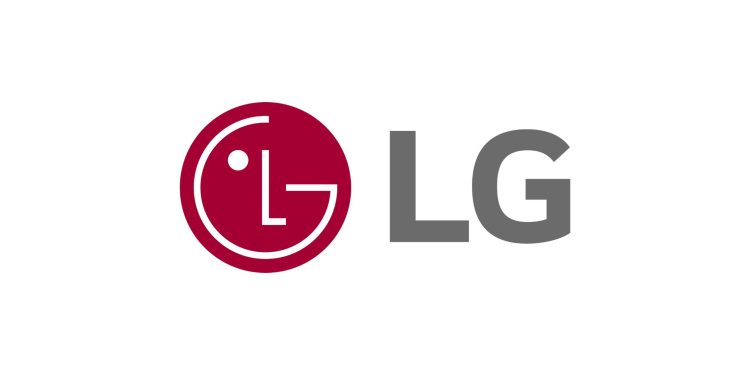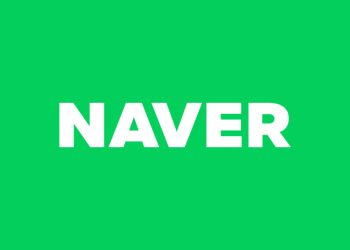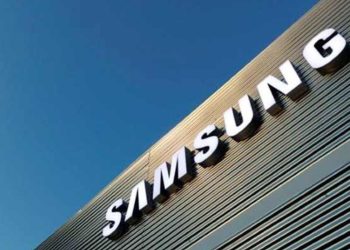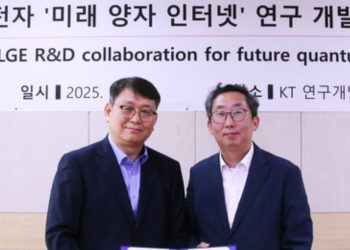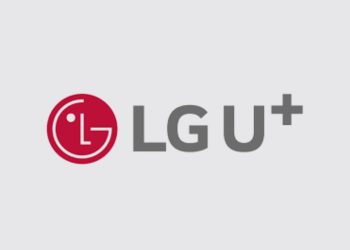LG Electronics has unveiled Exaone 4.0, its latest artificial intelligence model that merges a large language model (LLM) with a reasoning AI engine. Developed by LG AI Research, this hybrid system is the first of its kind in South Korea, aiming to deliver both quick responses and in-depth, step-by-step reasoning in natural language tasks.
The model is designed to handle a wide range of applications, including natural language processing, content generation, and knowledge-based problem-solving. By combining language understanding with logical inference, LG aims to step forward in the global AI race with Exaone 4.0. The model is now available to developers through FriendliAI’s platform.
Developed by LG AI Research, Exaone 4.0 builds upon the capabilities of its predecessor, integrating large language processing with advanced reasoning. This hybrid system enables the model not only to generate quick answers but also to analyze, formulate, and test hypotheses—making it well-suited for complex problem-solving in fields such as science, mathematics, and software development. LG claims that Exaone 4.0 has outperformed other major AI models, including Alibaba’s Qwen 3, in various benchmark tests.
The hybrid reasoning approach is seen as a strategic move to position LG alongside global AI leaders such as Anthropic and Alibaba. According to LG, Exaone 4.0 showed superior results in academic benchmarks, including a top score of 94.5 in South Korea’s CSAT math exam and 90 in the 2024 U.S. Mathematical Olympiad, outperforming competing models from Deepseek and Alibaba. While models like Deepseek R1 contain more parameters, Exaone 4.0 demonstrates that optimized architecture can yield strong performance without excessive computational load.
Exaone 4.0 builds on LG’s earlier model, Exaone Deep, launched in March 2025, which featured 32 billion parameters and set new standards for reasoning AI in Korea. That model had already proven effective in technical disciplines, although it lagged slightly behind in coding and natural language tasks. Exaone 4.0 aims to bridge that gap by enhancing reasoning depth while maintaining language proficiency, thereby broadening its utility across various industries.
The model supports Korean, Spanish, and English, and introduces the Model Context Protocol, a feature that enables it to interact with external applications—paving the way for future AI agents capable of managing more complex, multi-step tasks. LG is also offering Exaone 4.0 for free to educational institutions, from elementary schools to universities, to promote learning and experimentation. The model is available on platforms like Hugging Face and FriendliAI, making it accessible to both researchers and developers.
Exaone 4.0 is available in two versions: a full-featured expert model capable of passing national professional exams in areas such as medicine and dentistry, and a lighter on-device version that operates independently without the need for server access. This dual approach aims to broaden the model’s reach—from enterprise-level deployment to everyday consumer applications.
The new release also aligns with LG Group’s broader strategy to invest 100 trillion won ($74 billion) over five years in emerging technologies, including AI, biotechnology, and clean energy. This push includes partnerships with companies like Nvidia-backed Cohere and Microsoft.
Despite rising competition from local players such as Kakao, SK Telecom, and Naver, LG’s entry into hybrid reasoning AI is being viewed as a potential game-changer. According to Professor Yoon Seok-bin of Sogang University, while LG may have been slower to enter the field, its approach shows promise. “There’s still a long road ahead in AI development,” he said. “But LG’s move to blend language and reasoning could position it as a serious contender globally.”

